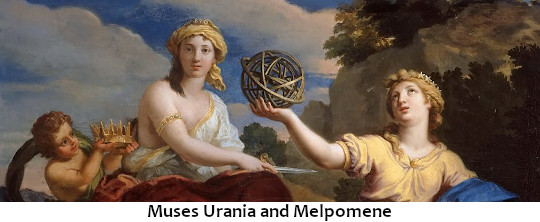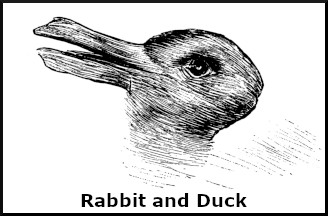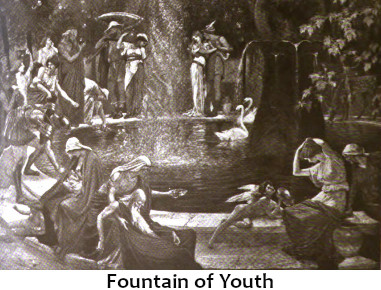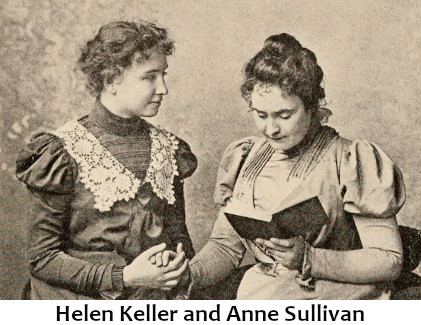Agatha Christie? Apocryphal?
 Dear Quote Investigator: Necessity is the mother of invention according to the well-known proverb, but the brilliant mystery writer Agatha Christie disagreed. She suggested that the crucial motivation was laziness. Would you please help me to find a citation?
Dear Quote Investigator: Necessity is the mother of invention according to the well-known proverb, but the brilliant mystery writer Agatha Christie disagreed. She suggested that the crucial motivation was laziness. Would you please help me to find a citation?
Quote Investigator: In 1976 Agatha Christie died, and the following year her autobiography was published. Christie discussed work and invention within one passage, and she mentioned George Stephenson who was a railway and steam locomotive pioneer. The ellipsis below was in the original text. Boldface added to excerpts by QI:[1] 1977, Agatha Christie: An Autobiography by Agatha Christie, Part 3: Growing Up, Quote Page 121, Dodd, Mead & Company, New York. (Verified with scans)
Presumably little Georgie Stephenson was enjoying idleness when he observed his mother’s tea-kettle lid rising and falling. Having nothing at the moment to do, he began to have ideas about it. . . .
I don’t think necessity is the mother of invention—invention, in my opinion, arises directly from idleness, possibly also from laziness. To save oneself trouble. That is the big secret that has brought us down the ages hundreds of thousands of years, from chipping flints to switching on the washing-up machine.
Here are additional selected citations in chronological order.
References
| ↑1 | 1977, Agatha Christie: An Autobiography by Agatha Christie, Part 3: Growing Up, Quote Page 121, Dodd, Mead & Company, New York. (Verified with scans) |
|---|
 Dear Quote Investigator: An interviewer decided to challenge a popular and prolific author with the specter of mortality. What would the energetic scribbler do when given a prognosis of death within a year asked the interviewer. The preternaturally fixated author replied, “Type faster”.
Dear Quote Investigator: An interviewer decided to challenge a popular and prolific author with the specter of mortality. What would the energetic scribbler do when given a prognosis of death within a year asked the interviewer. The preternaturally fixated author replied, “Type faster”. Dear Quote Investigator: A U.K politician expressed a willingness to hear alternative viewpoints by using the following expression:
Dear Quote Investigator: A U.K politician expressed a willingness to hear alternative viewpoints by using the following expression: Dear Quote Investigator: Different people hold divergent views of the world. Here are three versions of a germane remark:
Dear Quote Investigator: Different people hold divergent views of the world. Here are three versions of a germane remark: Dear Quote Investigator: According to a popular essay about youth the primary cause of aging is the desertion of one’s ideals. Also, years may wrinkle the skin, but losing enthusiasm wrinkles the soul. This essay has been attributed to U.S. General Douglas MacArthur and others. Would you please explore this topic?
Dear Quote Investigator: According to a popular essay about youth the primary cause of aging is the desertion of one’s ideals. Also, years may wrinkle the skin, but losing enthusiasm wrinkles the soul. This essay has been attributed to U.S. General Douglas MacArthur and others. Would you please explore this topic?
 Dear Quote Investigator: Sometimes a truthful statement can undermine a cherished belief and provide comfort to an adversary. Thus, it is tempting to embrace an untruthful statement that provides temporary solace. Yet, accepting uncomfortable truths leads to personal growth, whereas accepting errors and lies fails terribly over time. Here are three instances from a family of sayings:
Dear Quote Investigator: Sometimes a truthful statement can undermine a cherished belief and provide comfort to an adversary. Thus, it is tempting to embrace an untruthful statement that provides temporary solace. Yet, accepting uncomfortable truths leads to personal growth, whereas accepting errors and lies fails terribly over time. Here are three instances from a family of sayings: Dear Quote Investigator: The loss of a companion is heartbreaking. The following viewpoint has provided solace to many:
Dear Quote Investigator: The loss of a companion is heartbreaking. The following viewpoint has provided solace to many: Dear Quote Investigator: It is always possible to manufacture an item using inferior materials and sell it at a cheaper price than a quality item. The buyer who is foolishly guided by price alone becomes the lawful prey of the seller. The famous English art critic John Ruskin has received credit for eloquently expressing this point. Oddly, I have never seen a proper citation supporting the attribution to Ruskin. Would you please explore this topic?
Dear Quote Investigator: It is always possible to manufacture an item using inferior materials and sell it at a cheaper price than a quality item. The buyer who is foolishly guided by price alone becomes the lawful prey of the seller. The famous English art critic John Ruskin has received credit for eloquently expressing this point. Oddly, I have never seen a proper citation supporting the attribution to Ruskin. Would you please explore this topic?